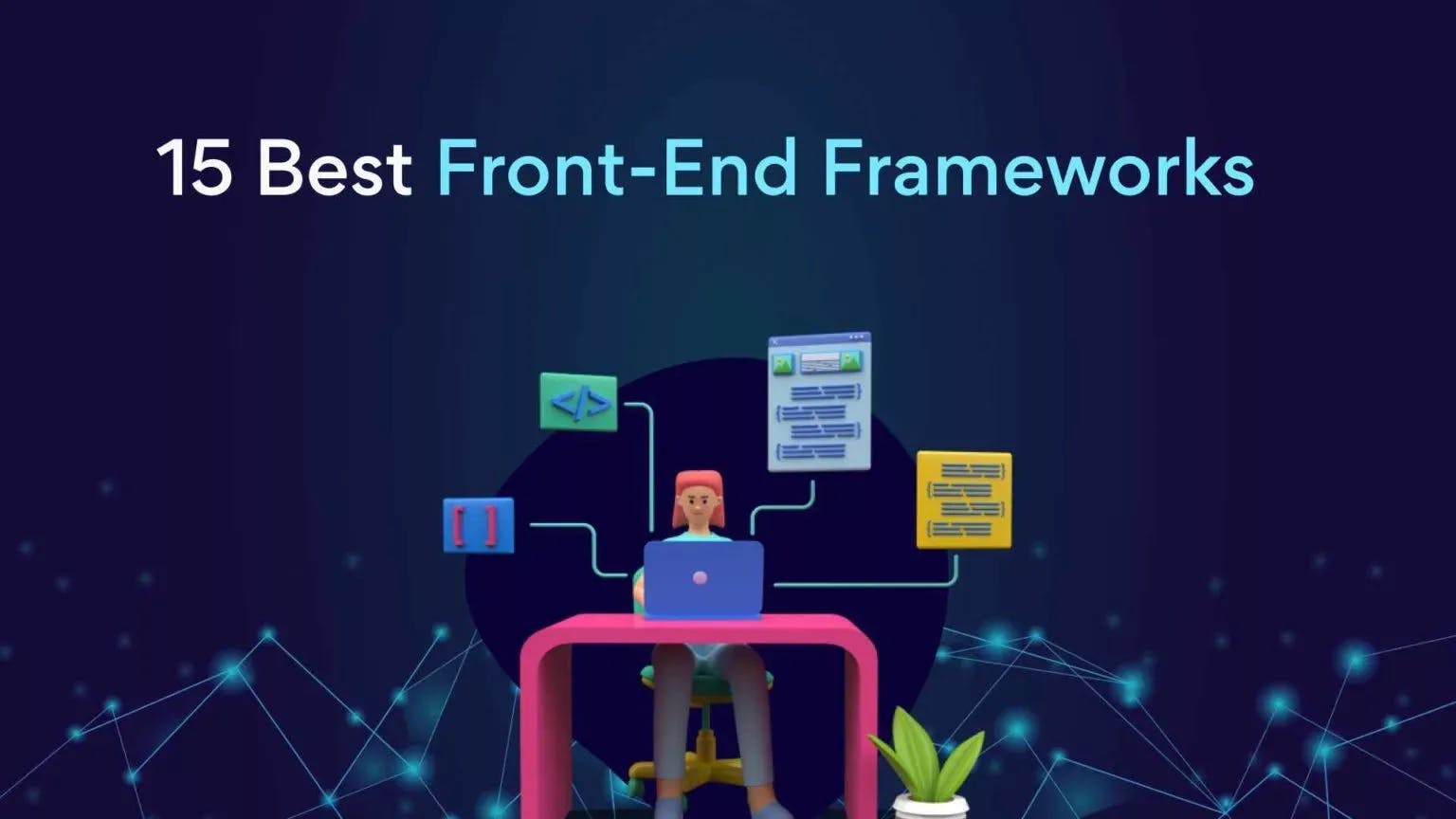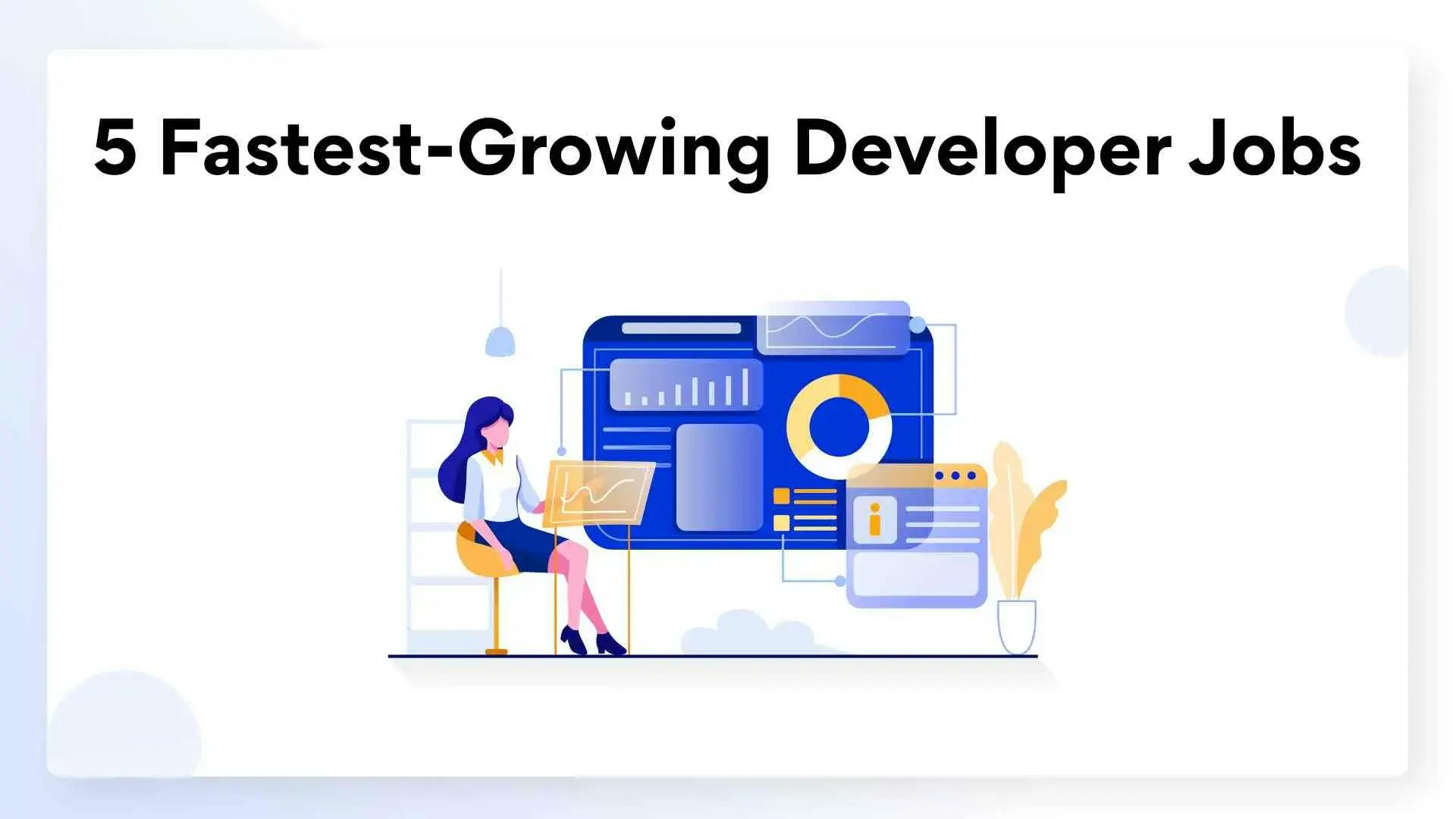Remote infrastructure engineer jobs
We, at Turing, are looking for remote infrastructure engineers who will be responsible for building, coordinating, and maintaining digital networks and systems that support networked infrastructures. Get a chance to work with top Silicon Valley companies and accelerate your career.
Find remote software jobs with hundreds of Turing clients
Job description
Job responsibilities
- Install, maintain and monitor operating systems and infrastructure
- Analyze and document all the malfunctions
- Ensure system infrastructure operations by troubleshooting malfunctions
- Update necessary software systems and optimize them for better performance
- Respond promptly to problems and resolve them
Minimum requirements
- Bachelor’s/Master’s degree in Engineering, Computer Science, or IT (or equivalent experience)
- At least 3+ years of experience as an infrastructure engineer (rare exceptions for highly skilled developers)
- Proficiency with Microsoft operating systems and shared storage
- Strong understanding of data privacy and security
- Knowledge of using and implementing data principles
- Ability to utilize ERP, DBMS, and web platform development software.
- Fluent in English to communicate effectively
- Ability to work full-time (40 hours/week) with a 4 hour overlap with US time zones
Preferred skills
- Advanced organizational and interpersonal skills
- Strong understanding of algorithms and data structures
- Knowledge of troubleshooting software and hardware
Interested in this job?
Apply to Turing today.
Why join Turing?
1Elite US Jobs
2Career Growth
3Developer success support
How to become a Turing developer?
Create your profile
Fill in your basic details - Name, location, skills, salary, & experience.
Take our tests and interviews
Solve questions and appear for technical interview.
Receive job offers
Get matched with the best US and Silicon Valley companies.
Start working on your dream job
Once you join Turing, you’ll never have to apply for another job.

How to Become an Infrastructure engineer ?
An infrastructure engineer is responsible for the planning, design, and implementation of the physical components of a network infrastructure. The individual also develops various digital platforms and programs, troubleshoots issues, installs new features, mentors others on the team, and communicates with vendors and partners on behalf of the company.
A job as an Infrastructure engineer is available in many different types of companies, including large IT businesses and finance companies. They are employed by these entities to ensure that servers and digital infrastructures are up to date and in good working order.
They work with networking protocols, network topologies, and standards, as well as computer hardware and software, to ensure that all systems within an organization function as efficiently and smoothly as possible. Infrastructure engineers ensure that all the systems within an organization work smoothly. An infrastructure engineer evaluates all of the systems within an organization's infrastructure on-site or remotely.
What is the scope in Infrastructure engineering?
Cloud-based, software-defined infrastructure requires today’s infrastructure engineers to gain a broad understanding of the technologies on which their work depends. As more core engineering activities become automated, infrastructure engineers must be able to configure and orchestrate these technologies in order to deliver seamless service performance.
The rise of corporate digital strategies involving the cloud and the Internet of Things has created significant opportunities for infrastructure engineers. Traditionally limited to hardware provisioning and maintenance, the infrastructure engineer is now an integral part of solution design and delivery. But this shift has brought with it new expectations that also bring with them demands.
What are the roles and responsibilities of an Infrastructure engineer?
Infrastructure engineers, also known as IT infrastructure engineers, use their computer science expertise to assist individuals and groups in communicating over digital networks, as well as to build, maintain, and coordinate the digital systems that support networked communities.
An Infrastructure engineer is primarily tasked with identifying the causes of network issues. This requires an understanding of how devices communicate with each other, as well as the hardware that enables communication.
Infrastructural engineers should possess strong organizational, analytical, and communication skills, as well as knowledge of data laws. Aspiring infrastructural engineers should be able to work in a team environment and have experience presenting complex information to clients.
Infrastructure engineer Responsibilities:
- Setting up and maintaining operating systems.
- Managing these operating environments.
- Resolving problems on time and in an effective manner.
- Professionalism with clients and coworkers.
- Offering training and support.
- Keeping operational environments safe and secure.
- Maintaining and updating software and hardware as needed.
- Keeping track of all reported flaws and the actions taken in response.
How to Become an Infrastructure engineer?
Let's move on to the road that one must take in order to pursue a profession in the Infrastructure engineering field.
To become an infrastructure engineer, it is necessary to have a strong background in computers, engineering, and business skills. In addition to obtaining an education and gaining experience in the field, engineers must possess an interest in these areas and demonstrate the personality characteristics needed to handle day-to-day tasks. Technological advances are constant in this field, so one must also be willing to continue learning throughout a career as an infrastructure engineer.
When it comes to infrastructure engineers, many organizations require certification of network professionals, making the role a combination of both manual and office work. This certification process ensures that infrastructure engineers can identify the various network configurations and applications necessary to accomplish their job duties. Infrastructure engineers also need to understand how to use tools such as cables and wires, which are necessary when manually fixing computers and servers.
Now, let's look at the skills and methods you'll need to master in order to become a successful Infrastructure engineer:
Interested in remote Infrastructure engineer jobs?
Become a Turing developer!
Skills required to become an Infrastructure engineer
The first step is to start learning the fundamental skills that can get you high-paying Infrastructure engineer jobs. Here is everything you need to know!
1. Systems design
Using systems design, developers can translate logical designs into physical designs. It also allows them to produce detailed designs, document all work using required standards, methods, and tools, including prototyping tools where appropriate. Moreover, developers have the ability to design systems with manageable business and technical complexity, and meaningful impact. With systems design, developers can identify appropriate patterns.
2. Terraform
Terraform allows you to safely and efficiently create, manage, and provision infrastructure. Terraform can be used to safely configure instances of popular cloud-based services as well as custom in-house solutions. For example, Terraform can help you manage your DNS records as well as the features of SaaS applications. Terraform manages resources at the following layers: infrastructure as a service (IaaS), platform as a service (PaaS), and software as a service (SaaS).
3. AWS
AWS is an Amazon web service, which is at the forefront of cloud services, offering solutions to a variety of services including, compute, storage, networking, security, databases, etc. It is a very popular Cloud Service Provider that enables on-demand services to be used for applications and websites across the globe. The user does not need to manage or monitor these resources; AWS does that for them. Aside from being secure physically and over the network, it ensures business infrastructures are secure to access from anywhere across the world.
4. Computer Networks
Computer networks are groups of two or more interconnected computer systems that can exchange data. Connections between two computer nodes can be made using either cable or wireless media. Computer networks allow organizations to share information among various units that are located in different parts of the world. Using computer networks, users can effectively retrieve information on virtually any topic. Computer networks have dramatically improved the speed and volume of communication.
5. Kubernetes
Kubernetes is an open-source container management platform for cloud applications. It can facilitate data center outsourcing to public cloud service providers or be used for large-scale web hosting. Websites and mobile apps with complicated custom code can be implemented on commodity servers using Kubernetes, lowering the cost of web server provisioning with public cloud hosts.
Interested in remote Infrastructure engineer jobs?
Become a Turing developer!
How to get remote Infrastructure engineer jobs?
Developers are a lot like athletes. In order to excel at their craft, they have to practice effectively and consistently. They also need to work hard enough that their skills grow gradually over time. In that regard, there are two major factors that developers must focus on in order for that progress to happen: the support of someone who is more experienced and effective in practice techniques while you're practicing. As a developer, it's vital for you to know how much to practice - so make sure there is someone on hand who will help you out and keep an eye out for any signs of burnout!
Turing offers the best remote Infrastructure engineer jobs that suit your career trajectories as an Infrastructure engineer. Grow rapidly by working on challenging technical and business problems on the latest technologies. Join a network of the world's best developers & get full-time, long-term remote Infrastructure engineer jobs with better compensation and career growth.
Why become an Infrastructure engineer at Turing?
Elite US jobs
Career growth
Exclusive developer community
Once you join Turing, you’ll never have to apply for another job.
Work from the comfort of your home
Great compensation
How much does Turing pay their Infrastructure engineers?
At Turing, every Infrastructure engineer is allowed to set their rate. However, Turing will recommend a salary at which we know we can find a fruitful and long-term opportunity for you. Our recommendations are based on our assessment of market conditions and the demand that we see from our customers.
Frequently Asked Questions
Latest posts from Turing
Leadership
Equal Opportunity Policy
Explore remote developer jobs
Based on your skills
- React/Node
- React.js
- Node.js
- AWS
- JavaScript
- Python
- Python/React
- Typescript
- Java
- PostgreSQL
- React Native
- PHP
- PHP/Laravel
- Golang
- Ruby on Rails
- Angular
- Android
- iOS
- AI/ML
- Angular/Node
- Laravel
- MySQL
- ASP .NET
Based on your role
- Full-stack
- Back-end
- Front-end
- DevOps
- Mobile
- Data Engineer
- Business Analyst
- Data Scientist
- ML Scientist
- ML Engineer
Based on your career trajectory
- Software Engineer
- Software Developer
- Senior Engineer
- Software Architect
- Senior Architect
- Tech Lead Manager
- VP of Software Engineering










